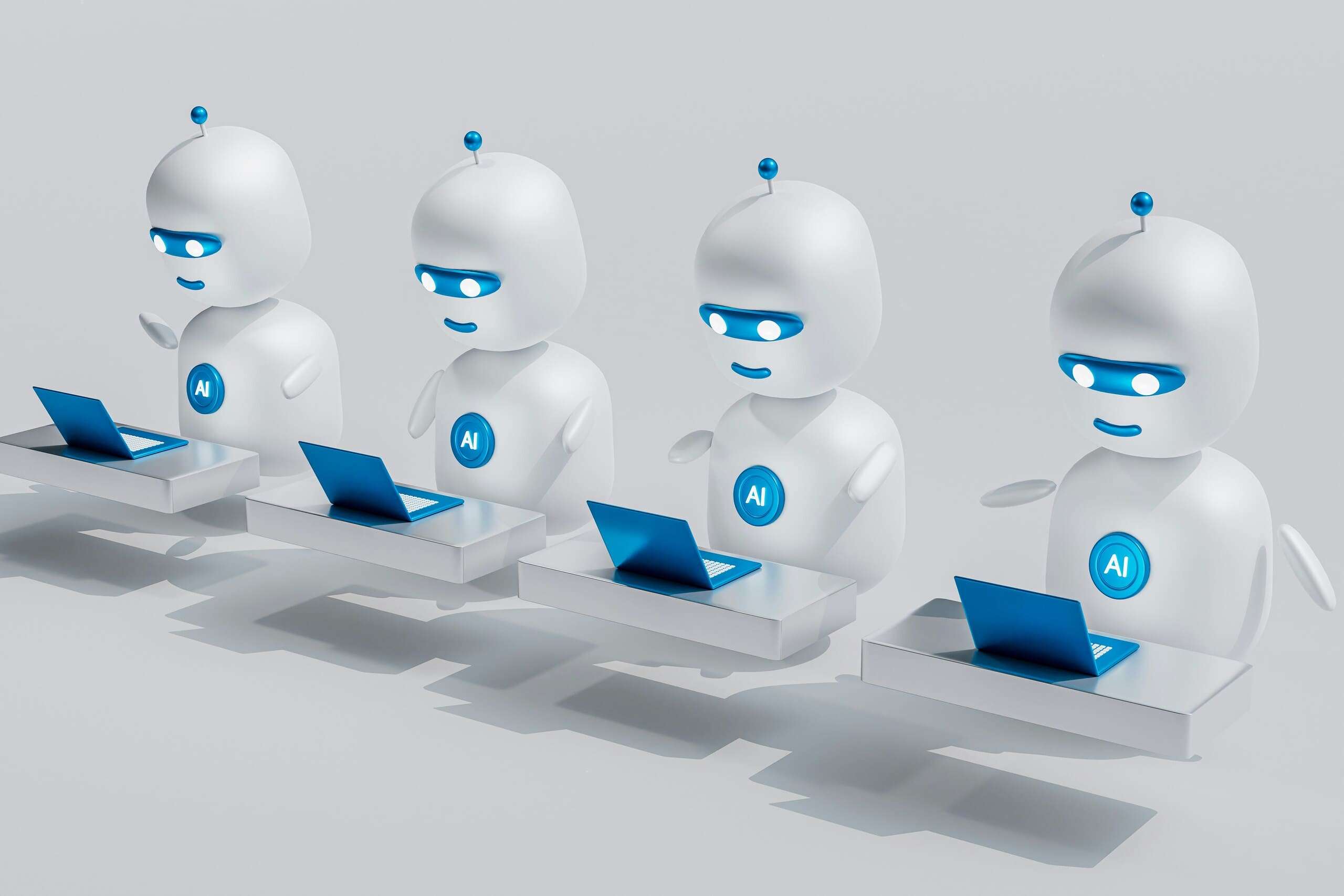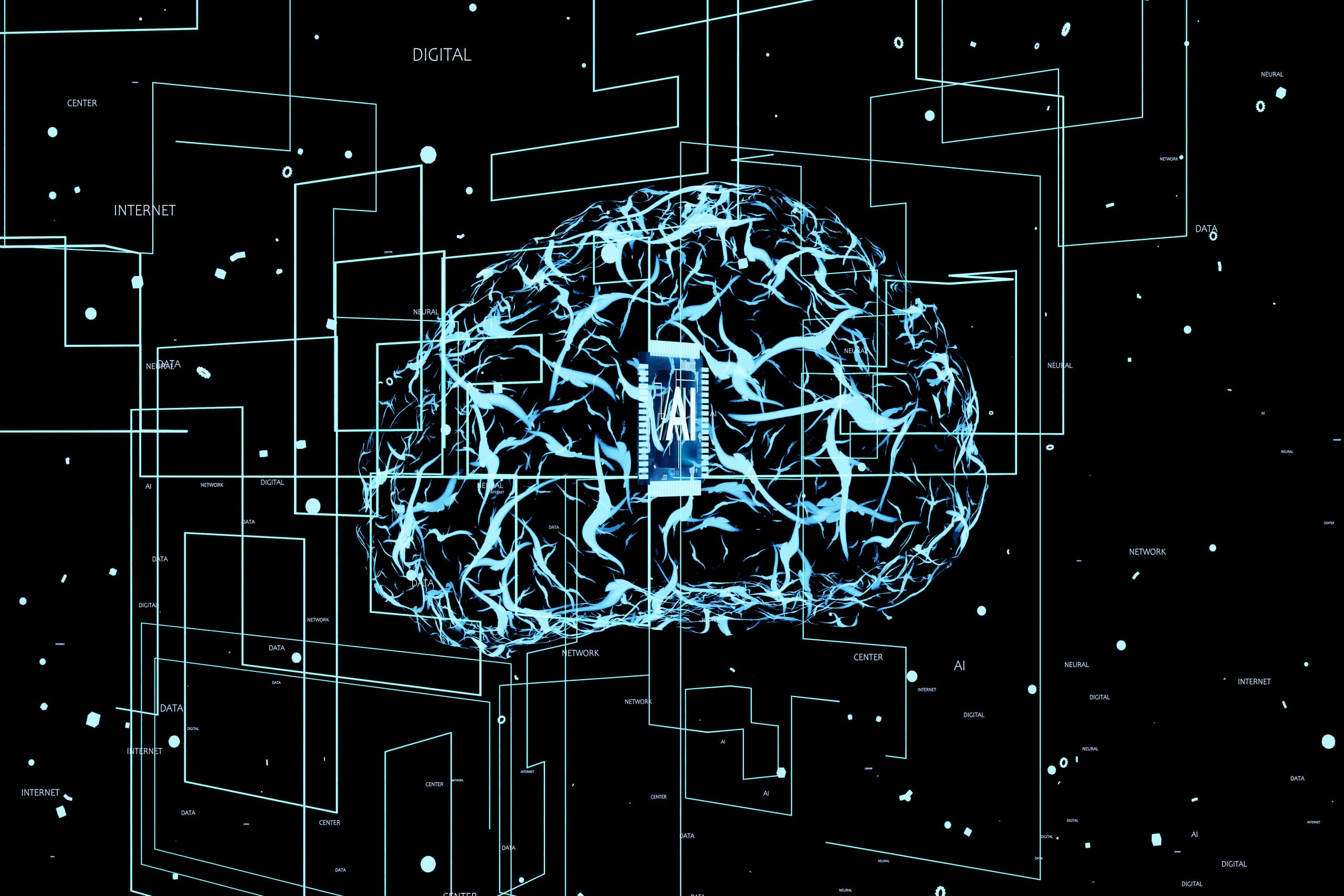
Introduction:
Hybrid Cloud DevOps has emerged as a cutting-edge approach to software development and IT operations. By combining DevOps methodologies with the flexibility of a hybrid cloud architecture, organizations can leverage both public and private cloud environments. This integration allows for enhanced scalability, improved security, and greater operational efficiency. Through the use of automation, continuous integration (CI), and continuous delivery (CD), Hybrid Cloud DevOps not only accelerates development cycles but also ensures compliance and cost optimization.
Key Components of Hybrid Cloud DevOps:
1. Integrated Cloud Environments
One of the main advantages of Hybrid Cloud DevOps is its ability to balance workloads between public and private clouds:
- Public Cloud: Ideal for scalable and cost-effective deployments.
- Private Cloud: Offers enhanced data control, security, and compliance.
- Seamless Workload Distribution: Based on regulatory, performance, and security requirements, workloads can be dynamically assigned to the appropriate cloud environment.
2. DevOps Methodologies in Hybrid Cloud
DevOps in hybrid cloud environments ensures agility and speed through the following practices:
- Infrastructure as Code (IaC): Automates provisioning and configuration.
- CI/CD Pipelines: Supports fast and reliable software delivery across multiple clouds.
- Containerization & Orchestration: With Docker and Kubernetes, applications run consistently in diverse environments.
- Monitoring & Logging: Real-time performance tracking with tools like Prometheus and the ELK stack.
Benefits of Hybrid Cloud DevOps:
1. Optimized Cost Efficiency
With Hybrid Cloud DevOps, organizations can strategically allocate resources:
- Run compute-intensive tasks on the public cloud.
- Store sensitive data on secure private cloud systems.
- Implement auto-scaling to cut costs during off-peak hours.
2. Enhanced Scalability and Performance
- Rapid scaling with public cloud resources during traffic surges.
- Stability ensured through private cloud for mission-critical applications.
- Load balancing prevents bottlenecks and maximizes performance.
3. Strengthened Data Security and Compliance
- Private cloud protection reduces data breach risks.
- Simplified compliance with industry regulations such as GDPR or HIPAA.
- Use of Zero Trust Architecture (ZTA) for secure access management.
4. Robust Business Continuity
- Redundant backups across multiple clouds.
- Disaster recovery through intelligent workload shifting.
- Automated failover mechanisms to ensure uptime and reliability.
AI and Machine Learning in DevOps: Driving Hybrid Cloud Innovation
Integrating AI and Machine Learning in DevOps is transforming how development and operations function in Hybrid Cloud DevOps environments. These technologies bring predictive intelligence, automation, and real-time insights, resulting in faster deployments, fewer errors, and smarter resource allocation. Let’s explore their role in more depth.
Key Applications of AI and Machine Learning in Hybrid Cloud DevOps:
1. Code Quality Assurance
AI-powered tools use deep learning to scan codebases, detect bugs, and enforce coding standards. This reduces technical debt and ensures high code maintainability before deployment.
2. Intelligent Test Automation
Machine learning models analyze historical testing data to prioritize test cases likely to fail, thereby accelerating testing cycles and boosting software quality.
3. Predictive Maintenance
AI analyzes performance data to foresee infrastructure issues before they arise. This proactive maintenance reduces downtime and helps in uninterrupted operations.
4. Smart Deployment Orchestration
By analyzing deployment trends, AI enables automated rollouts, real-time rollback procedures, and adaptive update strategies, reducing human intervention and deployment failures.
5. Dynamic Resource Allocation
AI models monitor cloud usage and predict demand surges, enabling automated resource scaling. This not only boosts performance but also helps optimize cloud costs.
6. Anomaly Detection
AI and ML-driven tools detect unusual patterns from logs and metrics, identifying potential failures or security breaches early and allowing for swift mitigation.
7. Security Threat Identification
With AI and Machine Learning in DevOps, security analytics can identify abnormal behavior, unauthorized access attempts, and potential vulnerabilities across the hybrid cloud landscape.
8. Root Cause Analysis
AI algorithms examine large datasets from system logs to quickly identify the cause of application errors or infrastructure failures, leading to faster resolution times.
Benefits of AI and Machine Learning in Hybrid Cloud DevOps:
1. Greater Efficiency
Automation powered by AI and Machine Learning in DevOps eliminates repetitive tasks, freeing up teams to focus on innovation and strategic growth.
2. Faster Software Delivery
With intelligent automation across the CI/CD pipeline, organizations benefit from rapid iterations and shorter time-to-market.
3. Improved Reliability
AI-driven insights ensure systems remain stable, proactively catching issues before users are affected.
4. Enhanced Security and Compliance
Real-time monitoring helps in early detection of security threats, while AI supports automatic compliance verification with regulatory standards.
Key Considerations for Implementation:
Successfully deploying AI and Machine Learning in DevOps for Hybrid Cloud DevOps requires:
- High-Quality Data: AI models rely on accurate, diverse, and clean data across environments.
- Choosing the Right Models: Evaluate performance, accuracy, and scalability of ML algorithms for your specific use case.
- Tool Integration: Ensure compatibility of AI systems with existing DevOps tools and workflows.
- Upskilling Teams: Equip DevOps professionals with AI, ML, and data science knowledge for smoother implementation and adoption.
Conclusion:
Hybrid Cloud DevOps represents the next evolution in cloud-native application delivery—offering scalability, security, and speed. When paired with AI and Machine Learning in DevOps, the approach becomes even more powerful. Intelligent automation, predictive insights, and proactive management can revolutionize software development and operations. By embracing this integrated strategy, organizations can boost agility, reduce costs, and stay competitive in a fast-changing digital landscape.
Talk to our solutions expert today.
Our digital world changes every day, every minute, and every second - stay updated.









